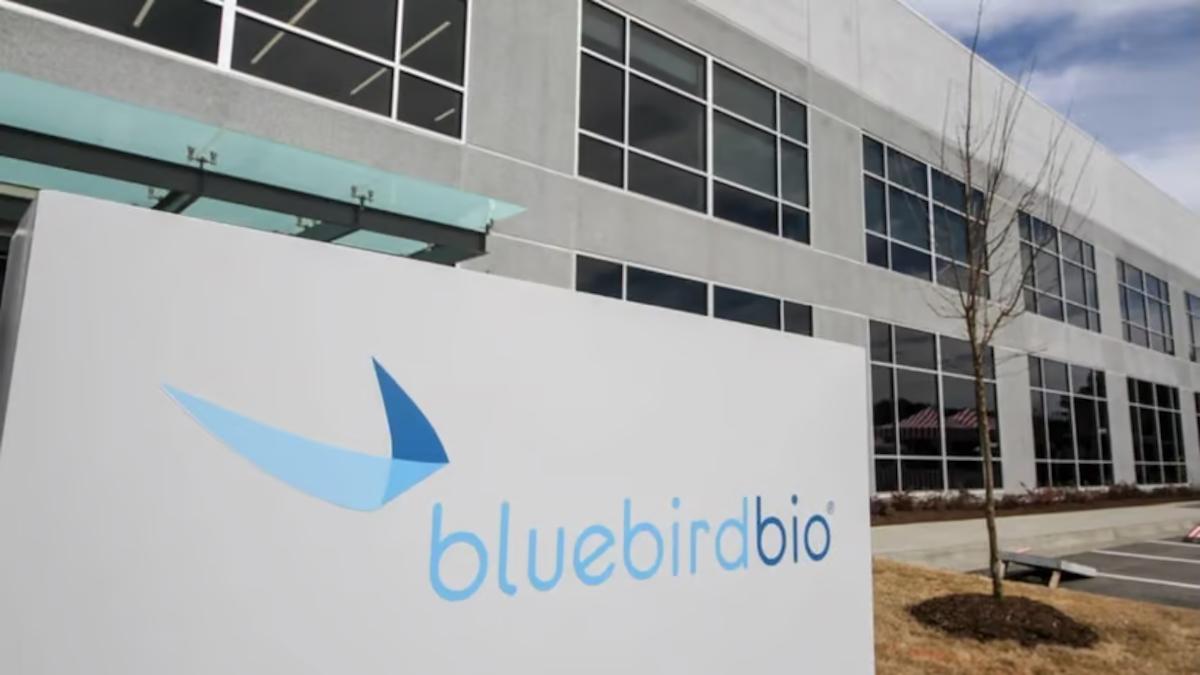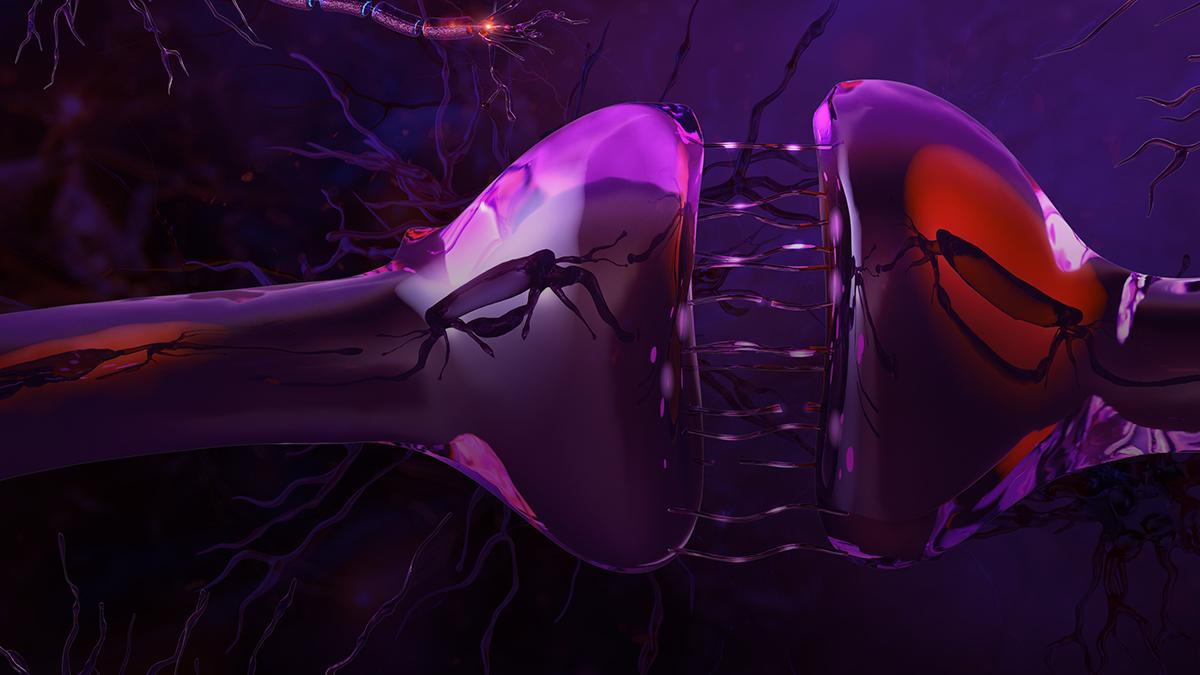FDA probing cancer cases with Bluebird's CALD gene therapy

The FDA is scrutinising reports of haematological cancers in patients treated with bluebird bio's gene therapy for the rare neurological disorder cerebral adrenoleukodystrophy (CALD).
The gene therapy – Skysona (elivaldogene autotemcel) was approved by the US regulator in 2022, becoming the therapy shown to slow the progression of neurologic dysfunction in boys with the devastating and fatal neurodegenerative disease.
In an update, the FDA refers to "additional reports" of blood cancers, including life-threatening cases of myelodysplastic syndrome (MDS) and acute myeloid leukaemia (AML), that "appear to be related to treatment with Skysona." It says it is "evaluating the need for further regulatory action" on Skysona.
Haematological cancers are a recognised potential side effect with Skysona and are mentioned in a boxed warning on the gene therapy's approved labelling in the US, which notes they are thought to result from the activation of cancer genes when the lentiviral vector used in the therapy integrates into the patient's DNA.
The FDA's notice of its investigation into the issue says the reports come from clinical trials of Skysona and have been diagnosed between 14 and 92 months after the one-shot treatment, which was priced at $3 million at launch.
"Given the risk of haematologic malignancy, providers should carefully consider alternative therapies, including allogeneic haematopoietic stem cell transplant [allo-HSCT] for patients who have a suitable, willing, and available […] matched donor, prior to deciding to treat a child with Skysona," according to the agency.
The FDA's investigation follows a paper in the New England Journal of Medicine, published in October, which found seven of 67 boys treated with Skysona in clinical trials developed a blood cancer.
CALD affects about one in 20,000 to 50,000 people globally and typically occurs in boys aged between three and 12 years. Nearly half of patients who do not receive treatment die within five years of symptom onset.
Skysona is approved to treat boys with the disease aged between four and 17. Before it became available, the only option for patients was an allo-HSCT, which carries its own risks, including death, with the risk of severe complications considerably elevated if a matched donor is not available.
In its third-quarter results update, bluebird bio said that five patients had been treated with Skysona on a commercial basis since the start of 2024.
The gene therapy specialist has struggled to build a sustainable business, reporting revenues of just over $10 million in the third quarter, and recently started a cost-reduction drive, shedding a quarter of its workforce, in an attempt to cut operating expenses by 20%.












